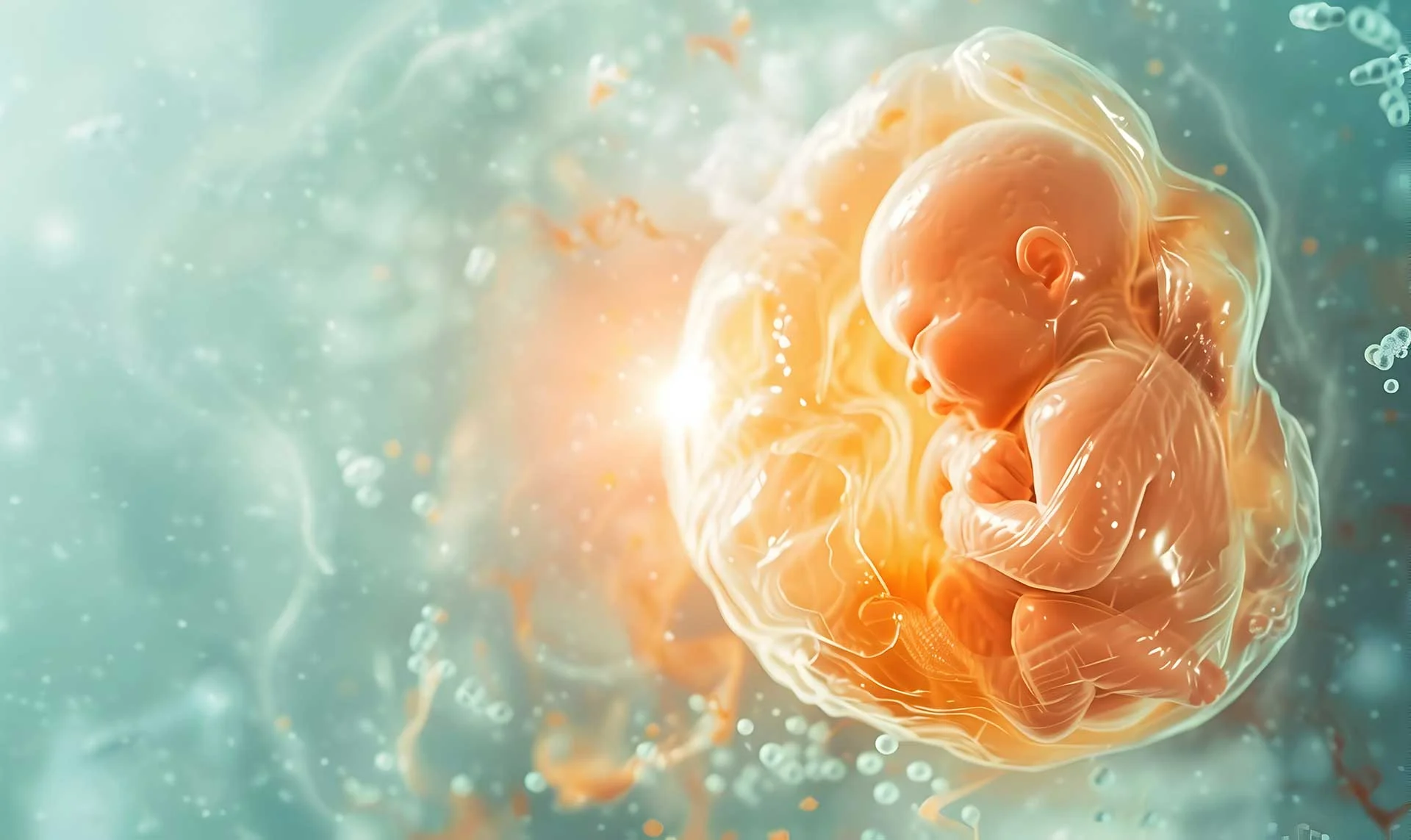"In many cultures, there's a familiar expression used between people under emotional strain: "You're going to give me cancer!""
"You're going to give me cancer!" — A Molecular Truth Behind a Cultural Saying
In many cultures, there's a familiar expression used between people under emotional strain:
"You're going to give me cancer!"
Surprisingly, one of the most-read papers on PubMed in May 2025 addresses this idea — not metaphorically, but at the molecular level.
A groundbreaking study published in Nature Cell Biology (2025) reveals how psychological stress can make cancer cells significantly more aggressive. Researchers found that under stress, the body suppresses an RNA-modifying enzyme called ALKBH5 in pancreatic cancer cells. This suppression leads to the release of specific RNAs, which are transferred to nerve cells. The result? Tumors become surrounded by more neurons, spread faster, and grow more resistant.
In short, psychological stress can trigger cancer development and metastasis through several complex molecular mechanisms. This may help explain why cancer cases have surged in recent years — mirroring the rising levels of chronic stress worldwide.
But there’s hope:
The same study identified a natural compound that can interrupt this harmful process — fisetin, a flavonoid found abundantly in strawberries, as well as in apples and onions. Fisetin was shown to block the molecular cascade triggered by stress, preventing cancer cells from becoming more invasive.
This research reminds us of a critical truth:
Psychological stress can induce biological changes — and those changes can lead to disease.
By enriching our diet with antioxidants and protective compounds like fisetin, we can build a biochemical shield that helps protect us, even when life gets overwhelming.
Because in the end, mental health is cellular health.
📖 Reference: Nature Cell Biology – 2025 Study


















